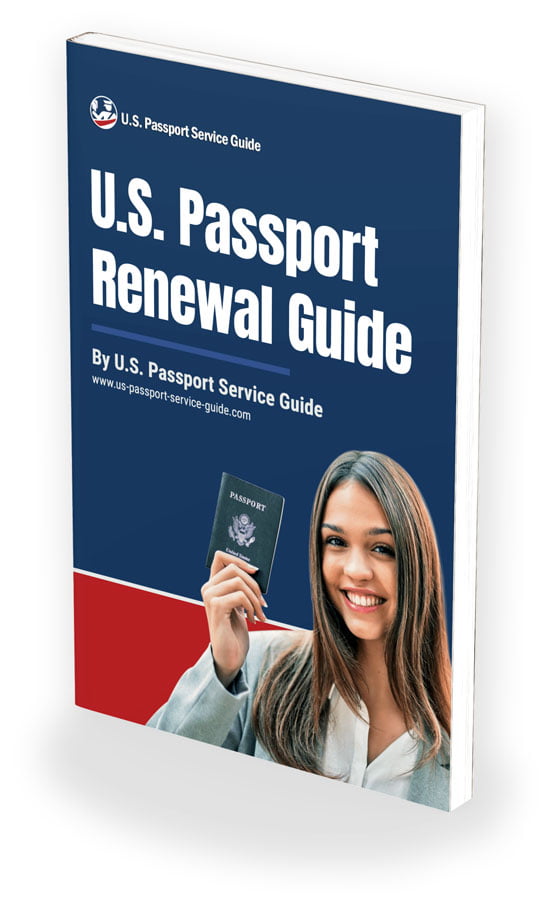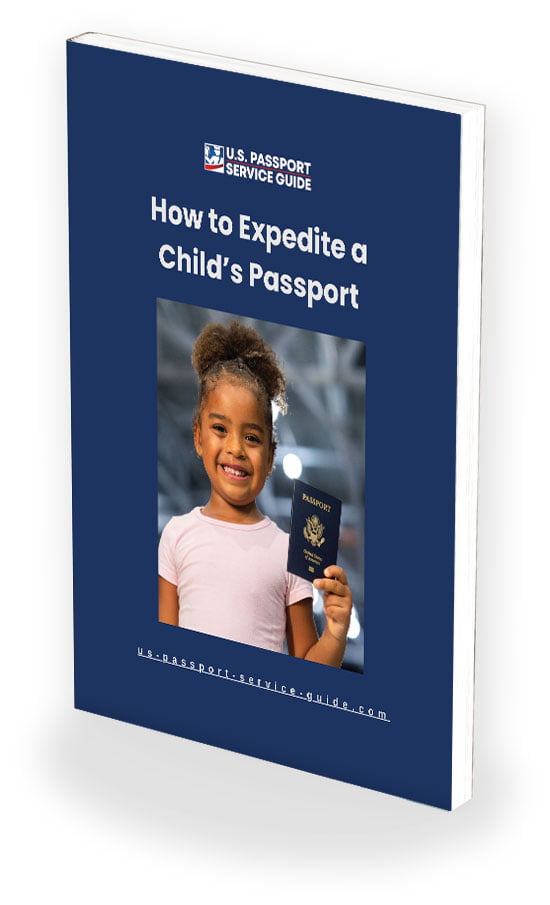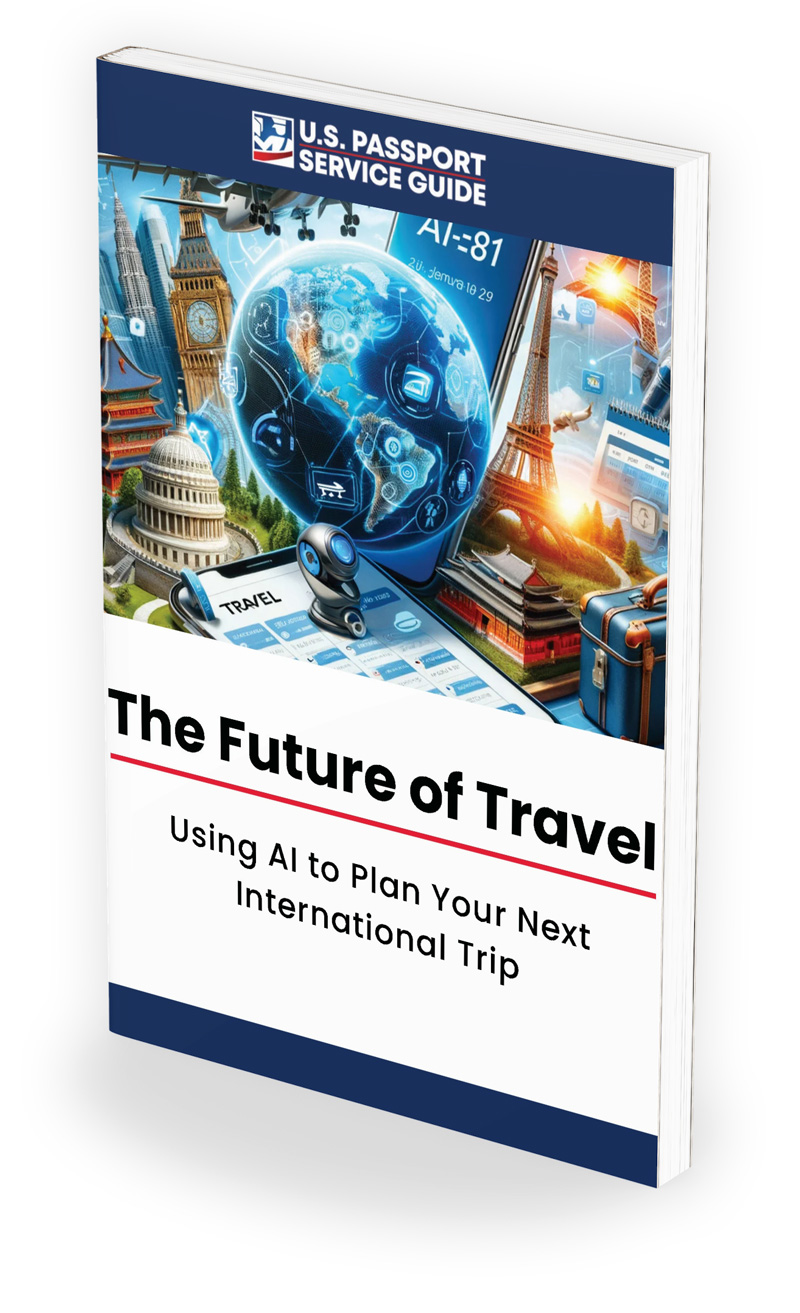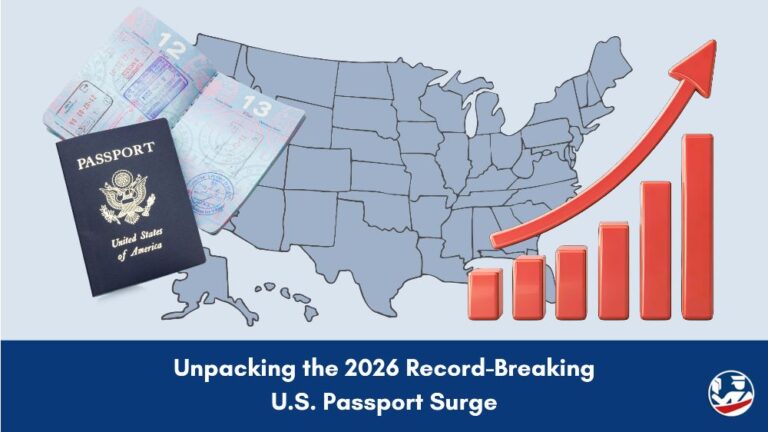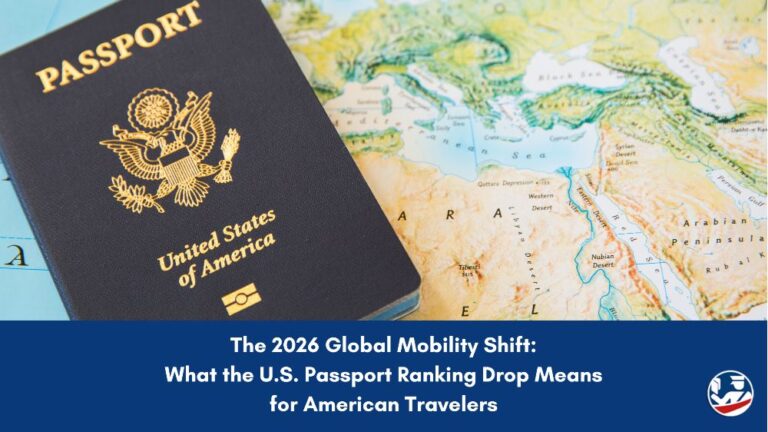Envision a lifestyle where the world is your office, cultural exploration is part of your daily routine, and geographical flexibility is at your fingertips. This is the essence of the digital nomad lifestyle. It’s not just about working wherever you want; it’s about shaping your life in a way that brings you joy, growth, and an unending sense of adventure.
Opting to become a digital nomad is a lifestyle choice that values the freedom to work from anywhere and the flexibility to set your own schedule. Digital nomads are often remote workers who use their skills to work online as they travel the globe. If you’re tired of being tied to a single address or office, you can take advantage of this opportunity to explore various places, cultures, and working environments.
The rising popularity of the digital nomad lifestyle is largely due to several key factors:
- Technological Advancements: The advancement of digital tools and platforms has made remote work more accessible. Widespread technology has made it easier to work from almost anywhere and while on the move.
- Work Flexibility: The COVID-19 pandemic has shown that remote work is a viable option, making it more appealing to many people. In fact, the population of American digital nomads saw a nearly 50% increase from 2019 to 2020.
- Cultural Shift: There is a cultural shift happening in developed countries where people are becoming disenchanted with traditional lifestyles and are seeking a new, more fulfilling way of life. Digital nomadism provides an alternative route away from costly, long-term mortgages and possessions, and instead allows people to maximize their income by living in countries with a lower cost of living. This lifestyle also provides the freedom to work while traveling, thus avoiding the stagnation of being confined to one location.
- Personal Growth: The opportunity to experience diverse cultures can lead to personal development, expanded perspectives, and enhanced cross-cultural understanding. The best way to evolve is through new experiences, and the digital nomad lifestyle provides just that.
Let’s take a look at what it takes to live a successful digital nomad life and have the world as your office!
✈️ Need Your Passport Fast?
Traveling soon? Get your passport in as little as 24 hours with our trusted expedited service. Or choose Priority Service for delivery in just 7–9 business days — now with 15% off.
Table of Contents
Understanding Passport Basics
You cannot fly internationally or cross international borders without a valid US passport.
As such, the most important part of living a flexible, digital nomad lifestyle is having a reliable passport strategy. This can free you from the confines of the US and allow you to branch out into several nomad-friendly international destinations.
That said, a reliable passport plan hinges on keeping your U.S. passport validity up to date.
Most countries require a minimum passport validity of 3 to 6 months for entry or getting a visa. This rule ensures that your passport outlasts your visa, allows for unexpected delays in departure, and facilitates potential deportations.
Each country has its own rules, and it’s crucial to understand these before traveling. Many countries follow the 6-Month Validity Rule, while other countries adhere to the 3-Month Validity Rule. Some countries, like those in the Schengen Agreement, have unified entry requirements.
A solid passport plan can provide digital nomads with:
- Greater Travel Opportunities: A valid U.S. passport can provide digital nomads access to a greater number of visa-free destinations.
- Legal Compliance: The greatest challenge that digital nomads face is ensuring legal compliance while traveling abroad. Having a dependable passport strategy can help avoid potential legal issues and travel snags.
For digital nomads, keeping a valid passport and maintaining a buffer period for passport renewal before the passport expiration date is not just a necessity; it’s the key to keeping the flexible, borderless digital nomad lifestyle going.
- For information on renewing your U.S. passport while abroad, visit our complete guide to Where to Get a U.S. Passport.
The Golden Rules of Passport Management
Protecting your passport is essential for all travelers, but especially those who use their passports frequently. To help American digital nomads maintain their U.S. passports, we’ve created the 3 Golden Rules of Passport Management based on over 20 years of helping readers like you with their travel document questions and issues:
Rule #1: Keep your travel documents safe.
One of the best parts of the digital nomad lifestyle is the ability to change locations whenever you please. Safeguarding your travel documents is crucial, especially for digital nomads who are constantly on the move.
To help keep your passport and travel documents safe, we highly recommend using specialized travel gear. Invest in durable luggage and travel accessories, particularly a travel wallet, bag, backpack, or purse with RFID-blocking technology. This technology prevents unauthorized scanning of your passport and credit cards, protecting your personal information from potential identity theft.
- Travel luggage and accessories need an upgrade? We’ve compiled the best travel accessories and our top-rated packing cubes for your next trip abroad.
Rule #2: Keep your passport in good condition.
Even with a high-quality passport cover, your passport needs to be treated with the utmost care. Follow these best practices to keep your passport looking its best so that you won’t have to worry about replacing a damaged one:
- Use a high-quality, durable, waterproof cover. Protect your passport from unexpected spills or weather conditions with a waterproof passport cover. This can help keep your passport dry and clean.
- Keep your passport away from food, drink, and sticky substances. The pages of a passport can easily get stuck together or damaged if exposed to spilled food, drinks, or contact with a tacky object or residue. If the pages of your passport cannot be separated or read clearly, your passport is considered invalid and will need to be replaced. Be sure to keep your passport away from potential damage.
- Pages of your passport stuck together? Try one of our 8 Separation Techniques.
- Make sure your passport has enough space. Carry your passport in a wallet, bag, or holder that can comfortably accommodate its size. This helps to prevent bending, folding, or ripping its pages, which could lead to damage that could make it invalid for use.
- Ensure proper air circulation. Avoid storing your passport in airtight containers, like ziplock bags, for long periods. Regular air circulation is important to prevent the buildup of moisture, which could lead to mold on your passport.
- Found mold on your passport? Here’s how to clean it!
- Avoid exposing your passport to wet conditions. Keep your passport dry at all times. Exposure to moisture can damage the passport’s pages and electronic chip. If you’re traveling in places that experience wet weather and/or high humidity, make sure that you keep and carry your passport in a safe, waterproof bag or case. If your passport does get wet, be sure to set it in a dry, moisture/humidity-free location and allow it to dry completely.
- Use silica gel packs where you store your passport. Always store your passport in a cool, dry, and ventilated space when you are not carrying it with you. Consider using silica gel packs, which absorb moisture and help keep the environment dry.
If your passport gets damaged beyond repair, you must apply for a replacement passport. For assistance, see our Complete Damaged Passport Replacement Guide.
Rule #3: Set passport renewal reminders to avoid passport expiration.
The best way to monitor your passport’s validity is to create renewal reminders and apply for passport renewal far in advance to avoid processing delays. Be sure to set passport renewal reminders using a digital or analog method that you will have access to for years to come. New phones, new calendars, and new agendas all change over time; your passport renewal reminder must be accessible and reliable for years down the line.
- Need to get a passport renewed fast? Check out our Complete Guide to Expedited Passport Renewals.
- Not in the U.S.? Check out our guide to renewing your U.S. passport while abroad.
Following the 3 Golden Rules of Passport Management guarantees the preservation of a flexible, nomadic lifestyle. By prioritizing passport upkeep and employing strategic measures, digital nomads can continue to uphold their freedom of movement and sustain borderless travel with confidence and ease.
Tech Tools and Resources for Passport and Visa Compliance
There are a variety of helpful tools and resources available for helping digital nomads maintain passport and visa compliance. Check out some of the most favored tech tools and online resources for tracking passport status, monitoring visa dates, and staying informed about passport renewals and visa expirations:
- U.S. Visa Application Status Check (CEAC): The CEAC website allows you to check your U.S. visa application status by entering your Application ID or Case Number. It provides real-time updates on your visa application.
- (Free) Reminder Apps: Depending on the type of devices you use, there are a variety of reminder apps available—both free and paid. Here are some top contenders that are free to download:
- AI-Powered Notification Tools: Similar to reminder apps, AI-powered notification tools are more like having a personal assistant or a sidekick who keeps you on task. Here are a few of the most popular choices for AI-powered notifications:
- Email Alerts: Some passport agencies and visa services provide email notifications. Sign up for alerts to receive timely reminders about your passport renewals and visa expirations.
Likewise, take advantage of your email calendar to send you reminders for your passport renewal and visa expiration dates.
Remember, whichever way you choose to schedule your passport renewal reminder must be accessible and reliable for years down the line. Our best advice is to choose several reminder methods for your passport renewal—it’s always best to err on the side of caution!
The Digital Nomad Visa
Gaining popularity within the digital nomad community is the Digital Nomad Visa—a special type of temporary residence permit tailored for individuals who earn their living by working remotely. A Digital Nomad Visa usually has a validity of 1 to 2 years and can be extended based on the policies of the issuing country. It grants the holder the legal right to live in a foreign country and work remotely for an overseas employer or business.
This is different from your typical tourist visa. The primary difference lies in the purpose and length of stay. A tourist visa is typically for short-term visits, between 1 to 3 months, and does not legally allow the holder to work in the host country. However, a Digital Nomad Visa permits the holder to stay longer, often more than 90 days, and legally work remotely.
Working in a country without the proper visa could be considered illegal and subject to the specific immigration and employment laws of the country. This could mean steep fines, deportation, or even jail time. A Digital Nomad Visa helps circumvent such potential legal complications by providing a clear legal framework for remote work.
It’s important to note that the prerequisites and advantages of Digital Nomad Visas can differ significantly from one country to another. Furthermore, every country that offers this type of visa has a slightly different name or program for it. Therefore, it’s essential to research and understand the specific name/program and requirements of a remote work visa for each of the countries you’re interested in.
Top Countries Offering Digital Nomad Visas
At this time, many countries around the globe specifically offer variations of Digital Nomad Visas tailored for foreign travelers who work remotely.
Beyond the applicable visa programs, there are other considerations when assessing possible destinations. For instance, digital nomads need to consider destinations based on affordability and comfort. If the cost of living outpaces your income, the digital nomad lifestyle becomes unsustainable.
Similarly, digital nomads need to opt for destinations that have reliable internet coverage. In almost all cases, working remotely hinges on your ability to stay connected. Be sure you consider the availability of both internet and cellular coverage when planning to work abroad.
Here are some of the top 10 most popular countries that offer Digital Nomad Visas:
- Bermuda: Work from Bermuda Certificate
- The Bahamas: The Bahamas Extended Access Travel Stay Program
- Curaçao: @Home in Curaçao
- Antigua and Barbuda: Nomad Digital Residence Visa Program
- Abu Dhabi: Remote Work Visa
- Anguilla: Digital Nomad Visa
- Mexico: Temporary Resident Visa
- Belize: Work Where You Vacation Program
- Greece: Digital Nomad Visa for Greece
- Malta: Nomad Residence Permit
- Portugal: Digital Nomad Residence Permit
General Requirements and Application Process for a Digital Nomad Visa
Every country that issues a type of Digital Nomad Visa has its own set of requirements and application processes. To give you a basic idea of the requirements and application process for this type of visa, here is a general overview of what you should expect to need:
Common Digital Nomad Visa Requirements:
- Valid Passport: You must have a valid U.S. passport with an expiry date that extends beyond your intended stay (See the section “Understanding Passport Basics” above for further information).
- Proof of Remote Work: You must provide proof that you work remotely and are employed by a foreign company.
- Minimum Income Requirement: Many countries require you to meet a certain minimum income threshold to qualify for a remote work visa. This is to ensure you can support yourself during your stay without taking local jobs.
Typical Digital Nomad Visa Application Processing:
- Fill out the application form. Complete the application form provided by the country you’re applying to. In some cases, this can be simplified and sped up by working with a reputable visa expediting service.
- Make an appointment. Schedule an appointment with the embassy or consulate of the country you’re applying to.
- Prepare your documents. Gather all necessary documents, including your U.S. passport, proof of income, and proof of remote work.
- Submit your application. Submit your completed application along with the required documents.
- Wait for approval. Once your application is submitted, it will be reviewed. If approved, you may need to send your U.S. passport to the issuing government to have the Digital Nomad Visa added.
Again, it’s important to be aware that the specific prerequisites and application procedures for a Digital Nomad Visa can significantly differ from one country to another. It is essential to thoroughly investigate and understand the exact requirements of the Digital Nomad Visa for the country/countries you’re considering.
The Overlap Between Passports and Digital Nomad Visas
Passport power—a measure of global mobility—is determined by the number of countries that allow visa-free entry or offer visas on arrival. Visa requirements, set by individual countries, dictate the entry of foreign nationals and can vary based on factors like nationality, visit purpose, and stay duration.
Currently, the U.S. passport ranks as the seventh most powerful in the world. This means that U.S. passport holders enjoy the privilege of traveling to a vast number of countries without needing a visa—a significant advantage for digital nomads who can take advantage of visa-free travel to places like Barbados, Belize, Canada, Cape Verde, Cyprus, France, Italy, Mexico, and the Netherlands. At this time, there are 117 countries Americans can travel to with a valid U.S. passport—visa-free! This level of passport power makes international travel more convenient and spontaneous for digital nomads.
What’s more, strong passport power greatly enhances the benefits of a Digital Nomad Visa by:
- Simplifying Visa Applications: More powerful passports can ease the process of applying for Digital Nomad Visas. Certain countries grant special exemptions and privileges to passport bearers from certain nations.
- Avoiding Legal Issues: Depending on a country’s immigration and employment laws, working without a visa or under the wrong type of visa might be deemed illegal. A strong passport can help digital nomads in one of two ways: either by providing a clear legal framework for remote work under a Digital Nomad Visa or by establishing the specific types of work that are allowed during a stay.
The interplay between passport power and visa requirements is often dictated by global events, political tensions, and diplomatic relationship changes; therefore, all international travelers must stay up-to-date on the most current U.S. passport ranking and visa regulations for American citizens.
Long-Term Passport Strategy for Digital Nomads
Digital nomads need long-term plans for maintaining a valid U.S. passport abroad and for keeping a current visa that supports remote work. Without a valid passport (and in many cases, one that still has 6 months of remaining validity), the ability to both work and travel can come to a screeching halt.
A Second U.S. Passport
For many digital nomads and frequent travelers, a second U.S. passport or a second passport acquired as a dual-national is highly recommended for international long-term stay and travel. There are several compelling reasons:
- Visa-Free Travel and Mobility:
- Having a second passport allows you to travel more freely without the limitations of your primary passport. Some countries have visa-free or visa-on-arrival agreements with specific nations, and having an additional passport can significantly expand your travel options.
- With two passports, you can strategically choose the one that provides easier access to your desired destinations. This flexibility is especially valuable for digital nomads who move between countries frequently.
- Sometimes you need to submit a passport to apply for a visa. If you need to travel while your passport is being used in an official capacity elsewhere, you’re out of luck. A second passport frees you up to move while waiting on bureaucratic delays.
- Risk Diversification:
- Relying solely on one passport can be risky. Political instability, changes in government policies, or unexpected events (such as pandemics) can impact your ability to travel or reside in a particular country.
- A second passport acts as a safety net. If your primary passport becomes invalid or restricted, you can fall back on the second one to maintain your mobility.
- Tax Planning and Financial Benefits:
- Different countries have varying tax laws. Holding a second passport from a tax-friendly jurisdiction can offer advantages such as lower taxes, tax exemptions, or tax-free status.
- Digital nomads can optimize their tax situation by choosing a passport that aligns with their financial goals.
- Access to Services and Opportunities:
- Some countries restrict certain services or opportunities to their citizens. Having a second passport can grant you access to education, healthcare, social services, and business opportunities in multiple countries.
- It also enhances your ability to open bank accounts, invest, and conduct business internationally.
- Emergency Evacuation:
- In times of crisis (natural disasters, civil unrest, etc.), having a second passport can facilitate emergency evacuation. You can seek refuge in another country if needed.
- Lifestyle and Personal Freedom:
- A second passport provides lifestyle options. You can choose to live, work, or retire in different countries based on your preferences.
- It grants you the freedom to explore diverse cultures, languages, and environments without bureaucratic hurdles.
- Want to know more? Read: How to Get a Second Passport and Why You Would Need One.
Citizenship Through Ancestry
For some digital nomads, the love of travel is closely connected to their heritage and tracing their familial roots. Obtaining citizenship through ancestry (e.g., grandparents or great-grandparents) can be a meaningful way to connect with your lineage and honor your family history. It’s a way to pass down citizenship to future generations, creating a lasting legacy.
Citizenship by Descent (CBD) is a pathway to citizenship based on family lineage. Countries following the principle of jus sanguinis (right of blood) grant citizenship to individuals who can prove their ancestral connection through necessary documents like birth certificates and other documents demonstrating an ancestral connection to the country.
What are the benefits of CBD?
- Second Passport: A familial connection (parent, grandparent, or—in some countries— great-grandparent can allow you to obtain a second passport for another country based on ancestry.
- Diversification: Multiple citizenships allow personal life diversification, new investment markets, and different opportunities.
- Legacy and Heritage: Obtaining citizenship through ancestry connects you to your family history and creates a lasting legacy.
Here are just a few countries that offer Citizenship by Descent:
Citizenship Through Investment
Citizenship by investment is a legal process that enables individuals to obtain a second citizenship and passport in a foreign country by making investments in that country’s economy. These investments can take various forms: real estate, government bonds, starting a business, or contributing to development funds. The specific requirements and advantages of the acquired passport vary by country.
For example, St. Kitts and Nevis offers a Citizenship by Investment (CBI) program that allows eligible individuals to acquire legal citizenship and a passport through investment. Applicants can choose from options like making a minimum donation of $250,000 to the Sustainable Island State Contribution fund or investing a minimum of $400,000 in government-approved real estate projects. The process involves due diligence, application submission, and an interview. Benefits include financial opportunities, business incentives, enhanced financial flexibility, access to high-quality healthcare, safety, and an idyllic Caribbean lifestyle—ideal for a successful digital nomad!
The nuances of international travel and residency make clear the strategic importance of crafting a long-term passport strategy. As discussed, a second U.S. passport can be a vital asset while acquiring citizenship through ancestry or investment opens up additional avenues for securing multiple passports.
By adding additional citizenship(s), you can improve the flexibility, security, and cultural connection of the global nomadic lifestyle.
Why Keeping a Clean Travel Record Matters
Travel history plays a crucial role in visa applications, and it’s more than just a list of countries you’ve visited; it can significantly impact future visa applications.
Travel history refers to the countries you’ve visited outside your home country. It includes details such as entry and exit dates. Visa officers use this information to assess your track record with previous visas, your stays in various countries, and whether you’re a genuine traveler.
For instance, say you obtained a Digital Nomad Visa in Aruba. On your visa application, you stated that your stay would be for 2 weeks; however, your travel history shows that you stayed for 90 days. While technically not a travel visa breach, it could raise questions about your original trip’s purpose and may show that you do not truthfully declare your intended travel purposes or trip durations. For digital nomads, a red flag like this on your travel history could become a serious burden on your ability to obtain visas and travel with ease.
Similarly, some countries have explicit restrictions on travelers based on the countries they have previously visited or passed through. For example, if you have a stamp from Israel in your passport book, countries including Lebanon and Syria will deny your entry. This can affect where you can travel as well as the routes you can take to get from destination to destination.
Travel History is essential for:
- Visa Requirement: Many countries consider a strong travel history a requisite for visa applications.
- Proof of Capability: It demonstrates your ability to travel and adhere to immigration policies.
- Financial Standing: Even if you lack certain documents or savings, a solid travel history can boost your visa approval chances.
If you’re new to the digital nomad lifestyle or you are looking to acquire a clean travel record, here are a few tips for building and maintaining a strong travel history:
- Start Early: Begin traveling and accumulating stamps in your passport.
- Diverse Destinations: Visit different countries to showcase versatility and ability to adhere to different policies and regulations.
- Consistency: Regular travel over time is more impactful than sporadic trips.
- Document Everything: Keep a travel diary or maintain digital records—your photos and videos may just come in handy if you’re ever questioned about your travels when applying for a visa.
- Follow Rules: Always comply with visa conditions, local laws, and immigration policies.
- Exit Properly: Ensure you leave countries legally and avoid overstays.
- Transit Counts: Even layovers contribute to your travel history.
Maintaining a pristine travel record is crucial for digital nomads navigating visa applications and international travel. Beyond being a mere list of destinations, travel history serves as a critical evaluation tool for visa officers, assessing previous stays, adherence to visa conditions, and overall travel integrity. A clean travel record underscores one’s credibility as a genuine traveler, showcasing compliance with immigration policies and financial capability. By prioritizing integrity and adherence to travel guidelines, digital nomads can bolster their visa prospects and successfully sustain their nomadic lifestyle.
Are You Ready for the Borderless Life as a Digital Nomad?
The digital nomad lifestyle combines work, travel, and personal development, and provides exceptional freedom and adaptability. This way of life, fueled by tech progress, evolving work patterns, and a quest for personal fulfillment, is growing in popularity.
A reliable passport strategy is crucial for this lifestyle, facilitating smooth international travel and legal adherence. By following passport management best practices, utilizing technology for passport and visa compliance, and considering options such as Digital Nomad Visas and secondary passports, nomads can easily handle the intricacies of global travel.
Furthermore, keeping a clean, solid travel history is vital for visa applications, highlighting one’s reliability and competence as a global citizen. With careful planning, digital nomads can continue to use the world as their workplace, promoting personal development, cultural discovery, and infinite exploration.
If you have questions, please contact us, and we can help provide advice and guidance about how to secure the right documentation for your digital nomad adventures.
If you need a passport quickly, be sure to visit our expert guides for expediting a new passport and expediting a passport renewal.
Safe travels, Laura




